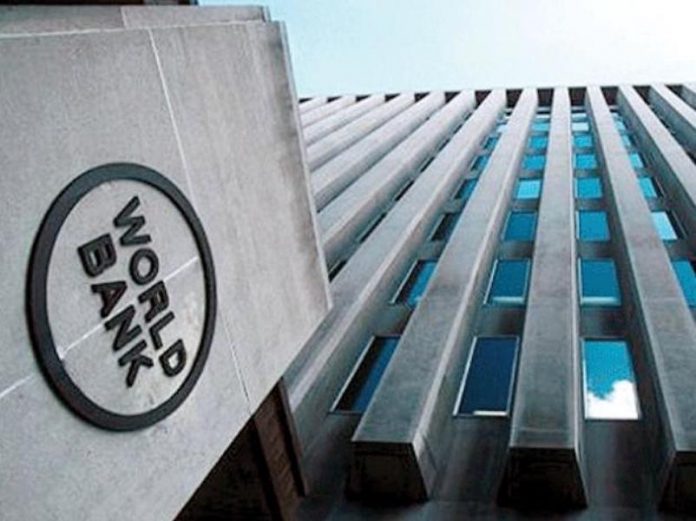At the backdrop of the imminent assumption of office, the World Bank Group, WBG, has given a long list of challenges that need to addressed in the immediate term by the new leadership of the Federal Government.
The WBG President, David Malpass, in a press briefing at the on-going Spring Meetings of the Bretton Woods institutions in Washington D.C., United States of America today, also hinted that economic growth would be subdued during the year with a forecast growth rate of 2.8 percent, a further drop from its earlier forecast of 2.9 percent and also a significant drop from its estimates for 2022 at 3.3 percent.
Malpass stated: “For Nigeria, the growth was 3.3 per cent in 2022 and 2.8 per cent for 2023 is within our forecast, and our high priority in the World Bank is shared prosperity in a sustainable way. And so, as we think about Nigeria, there are many changes that are needed in order to make that happen.
“Nigeria has a big chunk of its GDP coming from the oil sector and it means that a lot of people in Nigeria are facing poverty due to the global difficulties in the sector as well as Nigeria’s peculiar challenges, and that needs to be a direct focus.
“And they (Nigeria)also face insecurity across the northern regions that are very challenging. And so, the World Bank is working hard within Nigeria but also working to try to have an economic system that can be more productive.
“Nigeria has trade protection that blocks market development; They have a dual exchange rate that is very expensive for the people of Nigeria; They have high inflation and not enough diversification of the economy to really make sufficient progress”.
Speaking to the broader perspective of African economies also affecting Nigeria, Malpass said, “I wanted to give you the context for Nigeria, Egypt, and for other countries where we wish that the true success of the World Bank would be if there can be countries where the people are doing well into the future. And that I think is going to take a substantial change in the world.
“My hope would be that we can break through on the debt overhang that’s weighing on countries and also break through the structural blockages in so many of the big developing countries where rather than converging and having their growth go up faster than the advanced economies which would be their goal there is a slow down over the decade.
“Showing up like China, developing countries can grow at a 10 percent rate and catch up with advanced economies in a period of years and decades. India is showing that now with 6 percent growth but with the aspiration of 8 per cent per year growth based on policies that will generate faster growth, more electricity, access to clean water, and more investment in agriculture, the things that are needed by the countries.”
SOURCE: VANGUARD


